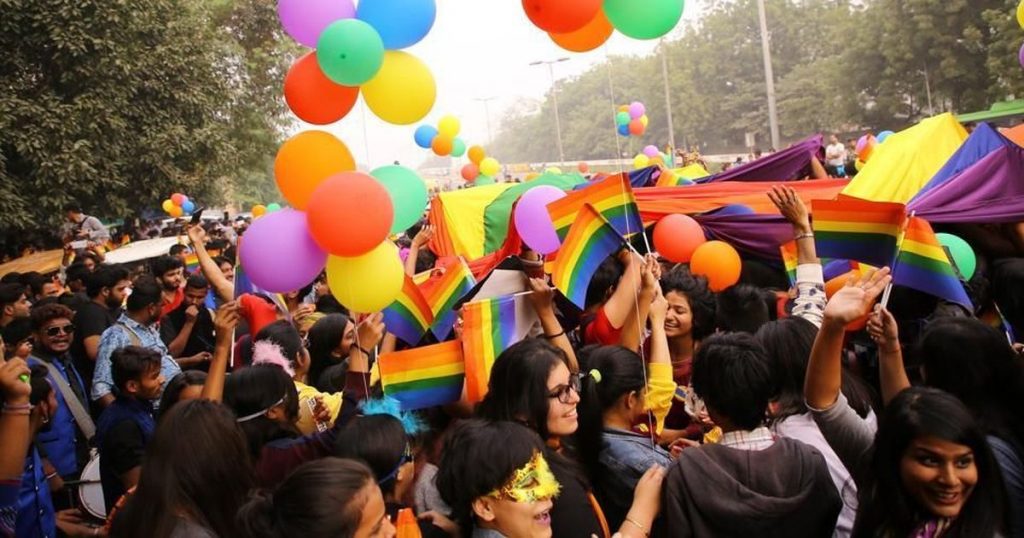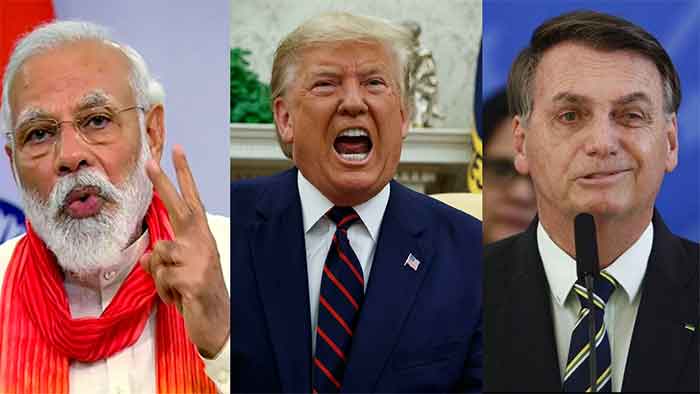By Dr. P. S. Sahni & Shobha Aggarwal

- The rights of people with different sexual orientations – Lesbian, Gay, Bisexual, Transgender, Queer, Intersex, Asexual needs to be respected; all the laws that criminalise or discriminate against the LGBTQIA community should be abolished. India should pass laws that allows marriage among same sex and LGBTQIA communities.
– A People’s Manifesto for Ecological Democracy by Countercurrents Collective released on August 15, 2020
- The remedy against § 377 lies with the people through their Parliament, and not in the courts.
- M.P. Singh, Constitutionality of Section 377, Indian Penal Code – A Case of Misplaced Hope in Courts, 6 NUJS L. Rev. 4 (2013)
Since 1988-89 ABVA (AIDS Bhedbhav Virodhi Andolan) has been sending petitions to the Indian Parliament pertaining to all the alleged high risk groups for AIDS including gay community. The very first petition was addressed to the Speaker, Lok Sabha urging that the AIDS Prevention Bill, 1989 be not passed by Parliament as it stigmatized and scapegoated inter alia the gay community. The petition reached the then Chairperson of the Petitions Committee, Mr. Atal Bihari Vajpayee who sent a reply letter asking ABVA to give evidence in support of its contention. We duly complied and campaigned with 100 odd groups all over the country to object to the gay community and alleged other high risk groups being targeted by the proposed Bill. Within two years the Bill was withdrawn.
When ABVA released the report “Less than Gay” in November 1991 a petition was sent to the Petitions Committee appealing that the charter of demands (later referred to as the Gay Manifesto) be debated in Parliament and that Section 377, Indian Penal Code (IPC) should be repealed in toto. A number of similar minded groups affixed our petition with a covering letter urging for the same demand. No reply was received by ABVA nor did any debate take place in Parliament during the five year period of the government in power i.e. till 1996.
We at ABVA were absolutely clear that ultimately it is the people’s representatives in Parliament who will have to address the issue threadbare – shedding coyishness aside – and give justice to the gay and lesbian community as also the transgender community who till then had not even got the identity of the third sex. This happened through the NALSA judgement delivered by the Supreme Court (SC) in 2014. True in 1994 ABVA had filed a petition in the Delhi High Court asking for inter alia striking down of Section 377 IPC in its totality. For seven years we campaigned with the petition all over the country to sensitize activists on the issue and enlist support. We urged all groups to file similar petitions in their respective state’s high courts. The idea was to ensure that a section of the media would disseminate ABVA’s message which might reach the Members of Parliament. Not even one Member of Parliament (MP) – not even the communists/socialists – raised the issue in that forum. On the contrary a few organization related to the communists were even actively opposing the issue of sexual minorities. However we continued with our attempts because we could not come to terms with the fact that Parliament would refuse to even debate the issue since the time the country achieved its independence. We were clear that courts could at best provide a narrow, legalistic relief only.
Overtime we were sending letters to major political parties ahead of general and state elections with the ardent hope that the issues of sexual minorities would find place in their political manifesto. This happened to some extent only in the last general elections. We had even addressed open letters to Sonia Gandhi, Rahul Gandhi and Parliamentarians since 2014. There was masterly inactivity on behalf of all of them. In all fairness Mr. Shashi Tharoor, MP brought a private member’s Bill a few times in Lok Sabha during 2015 to 2018 to replace Section 377, IPC and to decriminalize consensual adult homosexual acts. Not surprisingly the Bill was not even allowed to be introduced in Lok Sabha principally by the vehement opposition of the BJP MPs. Overtime some noises in favour of gay community were made by Mr. Arun Jaitley, BJP MP, who opined that their human rights have to be respected. At least the issue of rights of transgender community have figured in Parliament in last decade or so and the Transgender Persons (Protection of Rights) Act, 2019 got passed; it is with the gay and lesbian issues that Parliamentarians cutting across all parties and ideologies have a problem. It is ironical that a country which boasts of Kama Sutra – which has a full chapter on gay sex – and which has been authored by an establishment person, Vatsyayana feels shy of discussing gay and lesbian issues affecting all aspects of their lives viz marriage, adoption, property rights; educational and job opportunities (full details in Gay Manifesto). Why, even Khajuraho temples – by all means Hindu and Jain ones – famous for their erotic sculptures show in full details the sexual act between two men and two women.
Under the Indian Constitution and Parliamentary Procedure and Practice there is no way a call attention debate can be disallowed on gay and lesbian issues. Only one MP needs to give a simple notice asking for such a debate to take place. In practice it is better if four or five MPs send separate notices. The Speaker / Chairperson can fix a day and time for the same. It is no one’s case that the entire Gay Manifesto be accepted. If after 73 years of independence the Indian Parliament refuses to let such a debate take place where should the eighty million people belonging to sexual minority go for redressal. It may be recalled that the then Chief Justice of India while delivering the judgement modifying Section 377 IPC to exclude consensual adult homosexual acts from its ambit had taken a clear stance that the apex court would not be taking up the issues of marriage, property rights and so on. The minor concession by the court should not lead to complacency within the gay and lesbian community. The struggle for equality in all spheres of life – publicly and not just in private – must continue.
Occupy Parliament Street
The only option left for the gay community is to mobilize all civil society organizations, come under a common coalitional umbrella organization and Occupy Parliament Street indefinitely. All participants should be prepared for coercive action of the administration and the police. There is no substitute for struggle and non-party political action; this needs to be stressed on the second anniversary of the SC judgement.
Bob Dylan’s inspiring lines come to mind:
First published: https://countercurrents.org/2020/09/indian-parliament-must-apologize-for-stonewalling-debate-on-gay-lesbian-issues-since-independence/
